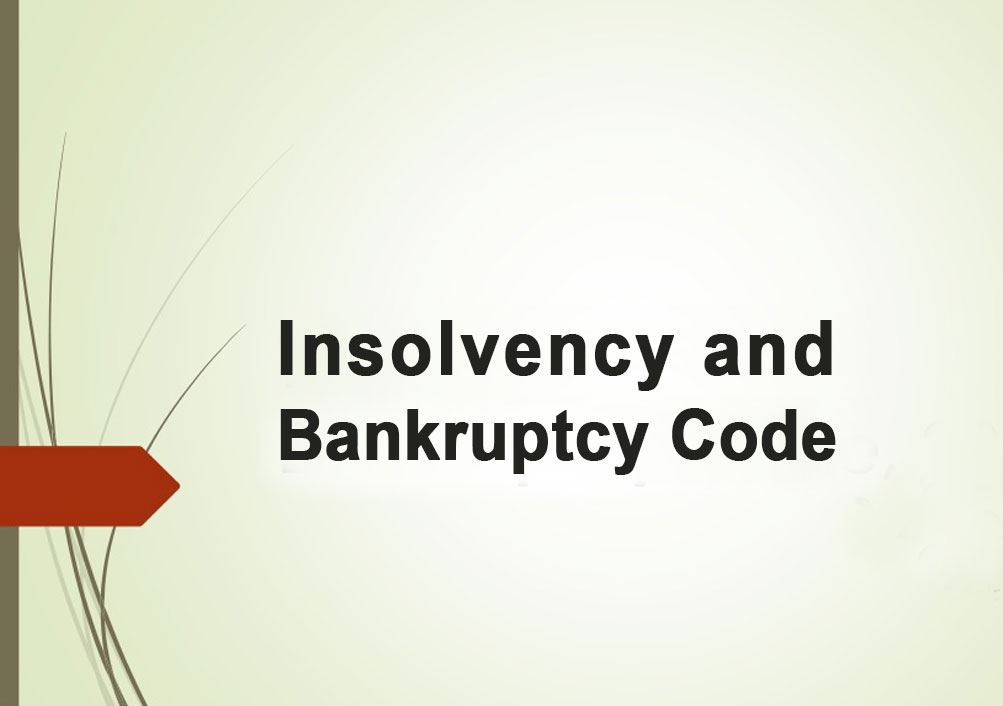Principal object of IBC is to provide for revival of Corporate Debtor and to make it a going concern: Supreme Court

Read Judgment: K. N. RAJAKUMAR vs. V. NAGARAJAN
Pankaj Bajpai
New Delhi, September 16, 2021: The Supreme Court has ruled that after withdrawal of Corporate Insolvency Resolution Process (CIRP) proceedings, management of Corporate Debtor were handed over to Directors and from that date Resolution Professional (RP) and Committee of Creditors (CoC) in relation to the Corporate Debtor had become functus officio.
The Three Judge Bench of Justice L Nageswara Rao, Justice B R Gavai & Justice B V Nagarathna observed that one of the principal objects of the Insolvency & Bankruptcy Code (IBC) was providing for revival of the Corporate Debtor and to make it a going concern.
Therefore, every attempt has to be first made to revive the concern and make it a going concern, liquidation being the last resort, added the Bench.
The background of the case was that the Adjudicating Authority (NCLT) had directed the ‘Resolution Professional to convene the meeting of the ‘CoC’ of the Members, who constituted the ‘CoC’ originally in the year 2017, soon after the order of admission was passed by Tribunal’ initiating the CIRP and place the draft of Application prepared u/s 12A of IBC, along with Form FA or at the least Form FA as lodged with the IRP/RP, before the ‘CoC’ to be called and convened, as directed and hold a meeting of the ‘CoC’ and report to this Tribunal about the decision of the Members of the ‘CoC’ as constituted in the year 2017.
The ‘CoC’ constituted by the IRP/RP in derogation of the Order passed by this Tribunal shall stand suspended and shall not exercise any of the Powers as provided under the Provisions of IBC, 2016.
Further, the Adjudicating Authority had directed the IRP/RP to comply with the directions within a period of ten days.
Challenging the impugned Order passed by the NCLT, counsel for the appellant submitted that the Adjudicating Authority should not have directed the Resolution Professional to call for a meeting of the ‘Committee of Creditors of Corporate Debtor’ constituting of members, who originally constituted the ‘CoC’ during the year 2017, soon after the order of admission of CIRP of the Corporate Debtor, without taking into account the present status of the Financial and Operational Creditors and claims filed to that extent.
The prime stand of the appellant was that soon after the order of admission of ‘CIRP’ of the ‘Corporate Debtor’, the Members who originally constituted the ‘CoC’ in 2017, were no longer ‘Financial Creditors’ and the fact was pleaded by the ‘Resolution Professional’ himself.
The appeal came to be dismissed by NCLAT, which in turn had been challenged. CoC in its resolution dated May 25, 2021 passed in its 8th meeting, unanimously resolved to withdraw CIRP initiated in respect of the Corporate Debtor.
Later, the NCLT allowed the application filed by K.N. Rajakumar for withdrawal of CIRP in respect of the Corporate Debtor and directed RP to hand over the management of the Corporate Debtor to the Board of Directors.
The application filed by D. Ramjee seeking to set aside the resolution passed in the 8th CoC meeting thereby approving the withdrawal of CIRP initiated against the Corporate Debtor was dismissed by NCLT.
From the order of NCLT, it could be seen that the Corporate Debtor had already settled the issue with the erstwhile financial creditors, who had resolved to withdraw the CIRP proceedings and by virtue of withdrawal of CIRP proceedings, the Corporate Debtor now was a going concern, noted the Top Court.
Insofar as the appeal filed by D. Ramjee was concerned, the Top Court observed that the order of NCLAT allowing the appeal filed by the Corporate Debtor and setting aside the order dated June 13, 2017 passed by NCLT in D. Ramjee’s application u/s 9 of the IBC had admittedly not been challenged by D. Ramjee.
In pursuance of the assurance given before NCLAT, an amount of Rs.18,50,000/- was also paid to D. Ramjee towards arrears of salary by the Corporate Debtor. The application for permission to file an appeal filed by D. Ramjee before this Court stood rejected by this Court by judgment and order dated March 3, 2021, added the Court.
In that view of the matter, the three Judge Bench observed that insofar as D. Ramjee is concerned, the issue had attained finality as on August 2, 2017 when the appeal filed by the Corporate Debtor came to be allowed by NCLAT.
The Bench therefore found that NCLT order passed in the application filed by D.Ramjee, has rightly held that from the date of the order dated June 4, 2021, after the withdrawal of CIRP proceedings, the powers and management of the Corporate Debtor were handed over to the Directors of the Corporate Debtor and from that date RP and CoC in relation to the Corporate Debtor had become functus officio.
The Apex Court therefore concluded that the NCLT has rightly disposed of the application filed by D.Ramjee having rendered infructuous.
Further, insofar as Civil Appeal filed by K.N. Rajakumar was concerned, in view of the subsequent development of withdrawal of CIRP proceedings, the counsel for the appellant circulated a letter, thereby seeking withdrawal of the appeal leaving the questions of law open, which stood disposed of by the Apex Court as withdrawn.
Sign up for our weekly newsletter to stay up to date on our product, events featured blog, special offer and all of the exciting things that take place here at Legitquest.




Add a Comment